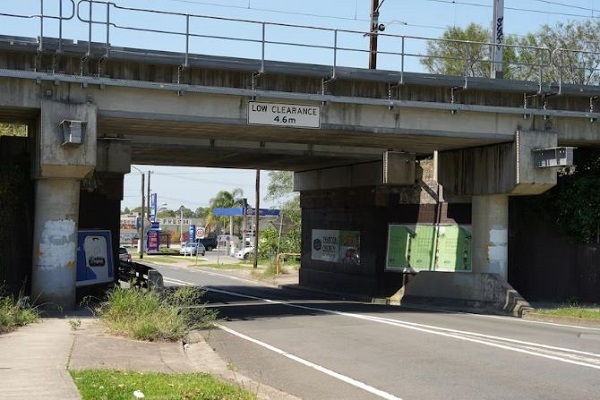Sydney: Muslim Leaders Call for Stronger Action Against Islamophobia Following Graffiti Incident

The graffiti, which included phrases like "F**K ISLAM" and "CANCEL ISLAM," was reported by The Guardian and later covered with white paint.
Elias Attia, the chief executive of the Islamic Council of NSW, told ABC Radio Sydney that while the incident was disappointing, it was not unexpected. He described it as emblematic of broader issues faced by the Muslim community.
Read More:
"It's like many instances of Islamophobia; they're designed to intimidate the Muslim community, to exclude them from public spaces, and make them feel unwelcome in their own neighborhoods," Attia said. "There's always been low levels of racism in south-west Sydney itself, and that's the places where there are Muslims."
Attia shared a personal anecdote, recounting how a friend had recently encountered hate speech on his garbage bin but chose not to report it. "He says, 'I'm a victim of a hate crime' … and then he says 'too busy to make a complaint' [with a] laughing emoji. My question is, how did we get here?" he asked.
Read More:
New South Wales Premier Chris Minns denounced the Chester Hill graffiti, labeling it "designed to incite hatred and completely abhorrent." Similarly, Blaxland MP Jason Clare called the incident a "gutless attack" and emphasized the need to condemn all forms of racism. "There is no place in Australia for Islamophobia," Mr. Clare said.
Aftab Malik, Australia's Special Envoy to Combat Islamophobia, also addressed the issue in his first media interview on RN Breakfast. Referring to the Chester Hill graffiti, Malik said such incidents have no place in a multicultural society.
"Islamophobia is one of those hidden cancers that eats away at social cohesion. It’s well-known among Muslims in the communities, but it hasn’t warranted or received the public outcry and coverage that many of us believe it should," he said.
Malik criticized comments by NSW Liberal Senator Dave Sharma, who had previously dismissed Islamophobia as "fictitious," calling such remarks unfortunate.
Read More:
Since his appointment in September, Malik has traveled across the country to hear about the experiences of Australian Muslims.
"What you saw is a very public display of hate, and all I can say is that it is reflective of the many private, abhorrent hate messages and sometimes death threats that Muslims and their institutions receive," he said.
He noted that Muslim women, particularly those who wear the hijab, are frequently targeted.
Source: Agencies



